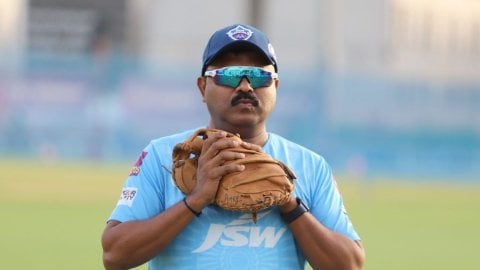
U23 CK Nayudu Trophy: An atmosphere of disbelief began to set in the Mumbai dressing room during the second innings of their 2006/07 Ranji Trophy semifinal against Baroda at the Moti Bagh Stadium. Despite Mumbai taking a 91-run first-innings lead, their second innings began in a nightmarish fashion, which literally left them in an unprecedented situation.
With Sahil Kukreja, Wasim Jaffer, Hiken Shah, Rohit Sharma and Amol Muzumdar falling for ducks, Mumbai’s scoreboard read as zero for five. It soon became 17 for six with Abhishek Nayar’s fall, leaving Pravin Amre, the former India and Mumbai batter, in his first season as the side’s head coach, searching for heroes who would step up to rescue the team from this huge trouble.
Amre's call was answered by Vinayak Samant, who made 66 off 136 balls and found support from Wilkin Mota's 33 off 74 balls and Nilesh Kulkarni amassing 17 off 105 balls in a defiant fightback and take Mumbai to 145. In defence of 237, Mumbai bowled out Baroda for 173 and win by 63 runs to enter the final. Eventually, they beat Bengal to lift the Ranji Trophy for the 37th time.

